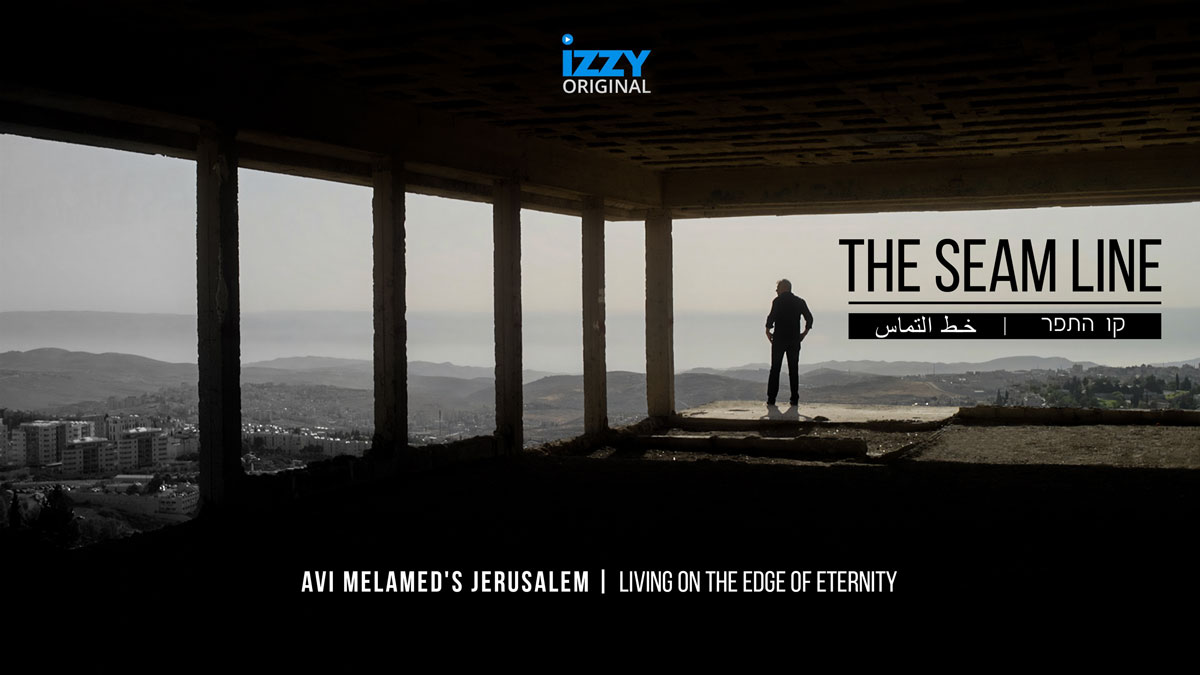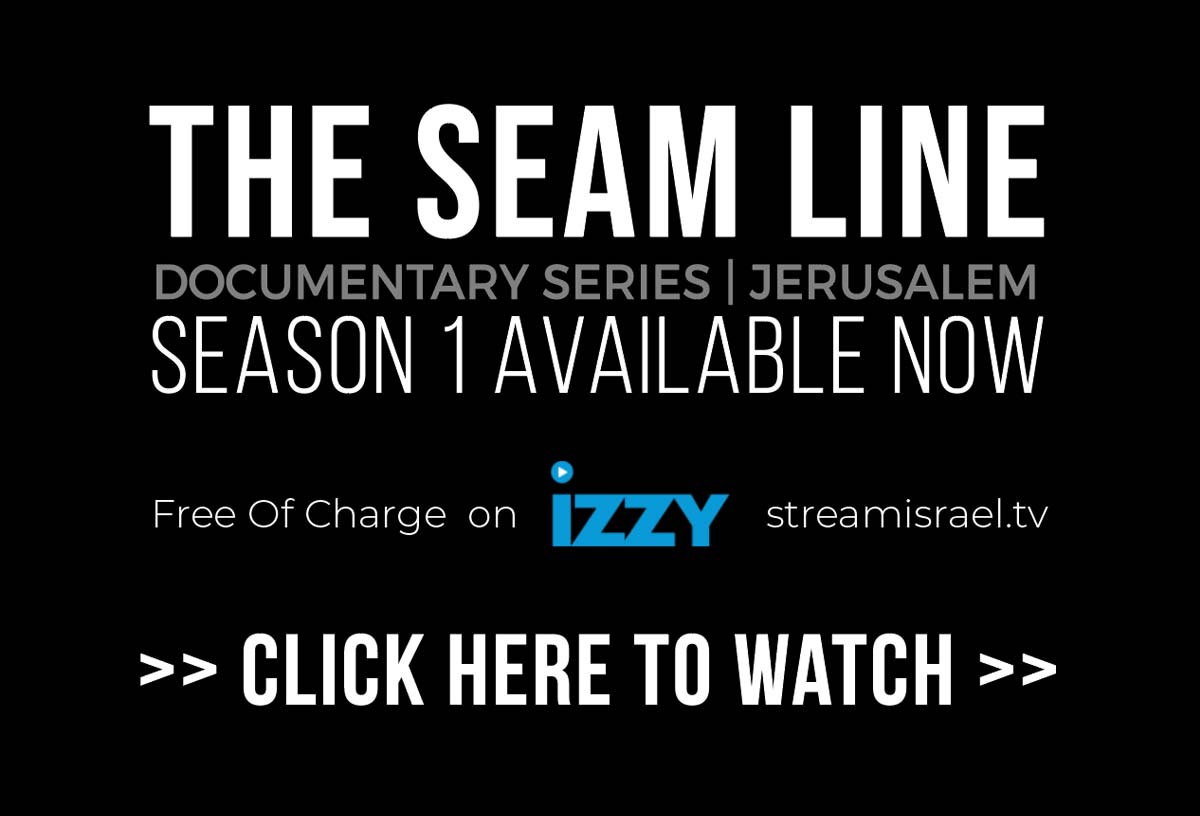|
Getting your Trinity Audio player ready...
|
“Hezbollah’s drills convey a deadly message | Military drills by Hezbollah are Iran’s warning to Israel, Lebanon and Saudi Arabia,” article by Avi Melamed for the Jerusalem Post.
In late May, Hezbollah conducted a provocative military drill near the Israeli border, serving as a clear message from Tehran to Lebanon, Israel and Saudi Arabia that it controls and will continue to control Lebanon through its proxy, Hezbollah.
Iran established Hezbollah in the 1980s and has since armed and funded this terror group. Despite international pressure, Hezbollah refuses to disarm, citing its mission to “liberate Palestine and defend Lebanon.” This pretext has allowed Hezbollah to hijack Lebanon’s sovereignty and act in accordance with Iran’s wishes.
The recent military exercise by Hezbollah must be understood within the context of Iran’s two crucial objectives: regional deterrence and maintaining control over Lebanon.
Deterrence is a vital element of Iran’s strategy for regional dominance. However, Iran’s deterrence power has been weakened in recent years due to frequent Israeli attacks on its military infrastructure in Syria, including reported targeted strikes within Iran. Additionally, Iran’s proxies in Gaza, Hamas and Islamic Jihad have suffered significant losses in clashes with Israel.
Tehran’s ability to project power is eroding
Hezbollah’s absence from recent conflicts – despite fiery and threatening rhetoric – further undermines Iran’s deterrence capabilities.
Further erosion of Tehran’s ability to project power came as a result of the recent agreement brokered by China between Iran and Saudi Arabia.
Under the terms of the agreement, Iran essentially committed to halting its attacks on maritime trade and oil infrastructure in the international waters of the Persian Gulf and the Red Sea. These operations previously played a crucial role in maintaining Iran’s posture of deterrence. Since the signing of the agreement, Iran has refrained from instigating violence in this arena, despite facing intensified Israeli attacks on its infrastructure in Syria.
Hezbollah’s military exercise – featuring advanced Iranian weaponry in its possession – aimed to restore Iran’s deterrence power. However, Israel remains undeterred and continues its strikes on Iran’s military infrastructure in Syria.
The second objective of Hezbollah’s military exercise is to send a clear message that Iran is determined to maintain its grip on Lebanon. Iran considers Lebanon a strategic stronghold along the Mediterranean coast. By showcasing Hezbollah’s military capabilities, Iran aims to assert its dominance and project strength, particularly in response to what appears to be a shift in Saudi Arabia’s regional policy towards Lebanon and Syria. This display can be seen as metaphorical chest-thumping by Iran, demonstrating its unwavering influence and intentions in the region.
Once known as the “Paris of the Middle East,” Beirut thrived from generous and warm relations with Saudi Arabia and the United Arab Emirates. Wealthy tourists flocked to Lebanon; the Gulf countries heavily invested in Lebanon’s commercial, construction and financial system; infrastructure and real estate projects; trade and tourism industries; and hundreds of thousands of migrant workers came from Lebanon to both nations, sending their salaries back home.
However, as Hezbollah’s influence grew within Lebanon and the government turned towards Iran in recent years, Saudi Arabia and the UAE withdrew their support.
Now, Saudi Arabia has signaled a willingness to renew its backing for Lebanon, offering hope to its desperate people. This shift aligns with Lebanon’s ongoing power struggle to determine its next president.
The presidency, the highest executive position in Lebanon, must be held by a Maronite Christian according to the country’s constitution. Since the retirement of President Michel Aoun, a Hezbollah ally, on October 31, 2022, Lebanese politicians have been unable to agree on his successor.
Hezbollah initially declared support for Suleiman Frangieh, the incumbent leader of the Marada movement (and a former MP for the Maronite seat of Zgharta-Zawyie, in North Lebanon), but the Saudi return to Lebanon has altered the dynamics. Lebanese Parliament Speaker Nabih Berri, a political ally of Hezbollah and the head of Amal – a Shi’ite political party – emphasized the importance of reaching an understanding with Saudi Arabia regarding the next president. Consequently, Frangieh’s candidacy appears to have been abandoned.
Despite having its own flag, government, parliament, constitution and armed forces, Lebanon’s autonomy is nothing more than a facade. The country remains hostage to Hezbollah’s terror – facilitated by Tehran’s weapons.
Hezbollah’s refusal to disarm solidifies its position as the central force in Lebanon, with unwavering support from Iran. Together, they aim to keep Lebanon firmly under their control.
The Lebanese people, increasingly aware that Hezbollah’s dominance remains unchallenged, are beginning to demand a reform of their country’s political structure. Additionally, calls for presidential elections have emerged. Neither scenario is one that Hezbollah can afford.
The recent return of Saudi Arabia holds the potential to initiate a process of political change in Lebanon. The economic and diplomatic might of Saudi Arabia and the Gulf states combined with the diverse sectors within Lebanon demanding the restoration of autonomy, could result in paving the way for meaningful political reforms and help loosen Hezbollah’s stranglehold on Lebanon.
Avi Melamed is a former Israeli intelligence official who then served as senior Arab affairs adviser to Jerusalem mayors Teddy Kollek and Ehud Olmert, operating as a negotiator during the First and Second Intifadas. He is the author of Inside The Middle East: Entering A New Era; his latest docuseries, The Seam Line, available on the IZZY streaming platform, focuses on Jerusalem’s flashpoints and his work during the intifadas.
“Hezbollah’s drills convey a deadly message | Military drills by Hezbollah are Iran’s warning to Israel, Lebanon and Saudi Arabia,” article by Avi Melamed for the Jerusalem Post.


If you want to have a better understanding of the news and what really drives the unfolding events…
Read the latest book by Avi Melamed,
INSIDE THE MIDDLE EAST | ENTERING A NEW ERA, available now >>>
Follow me on Twitter @AviMelamed; Facebook @InsideTheMiddleEast; for more Videos on YouTube https://www.youtube.com/c/AviMelamed
I can always be reached at Av*@********ed.com
“Hezbollah’s drills convey a deadly message | Military drills by Hezbollah are Iran’s warning to Israel, Lebanon and Saudi Arabia,” article by Avi Melamed for the Jerusalem Post.
































































